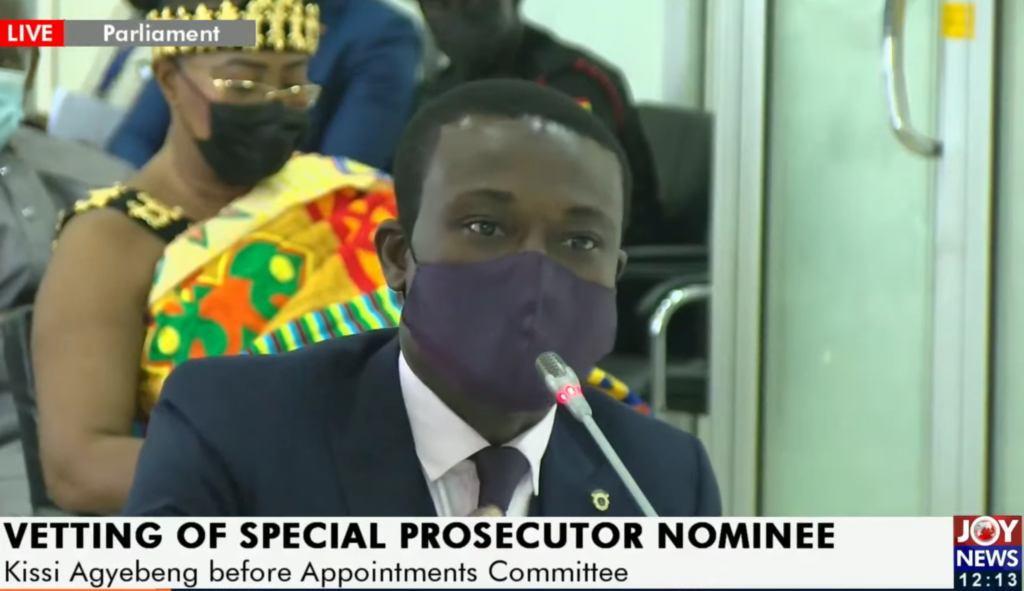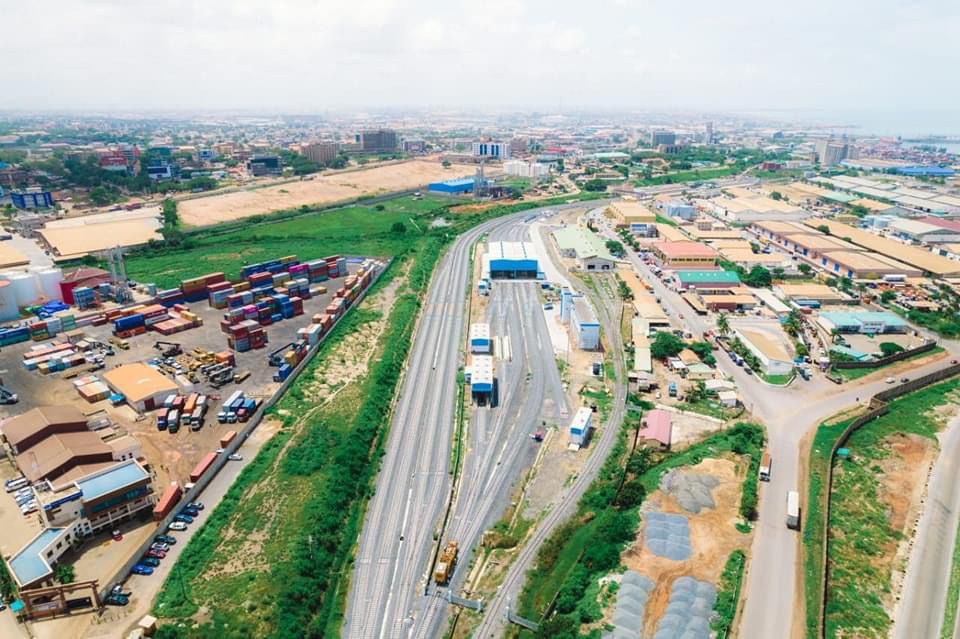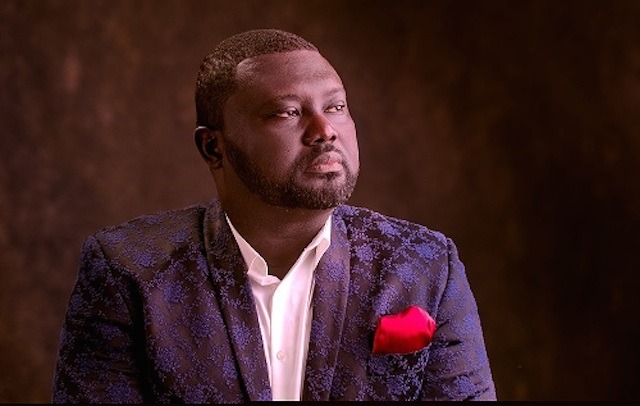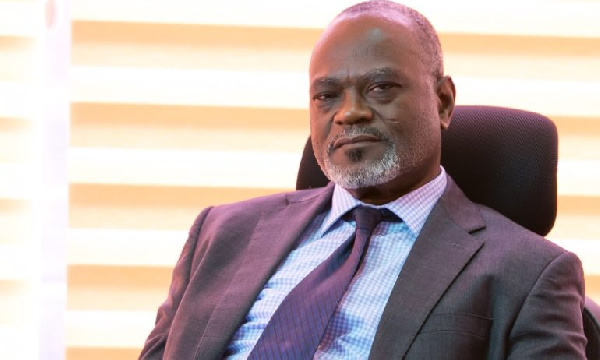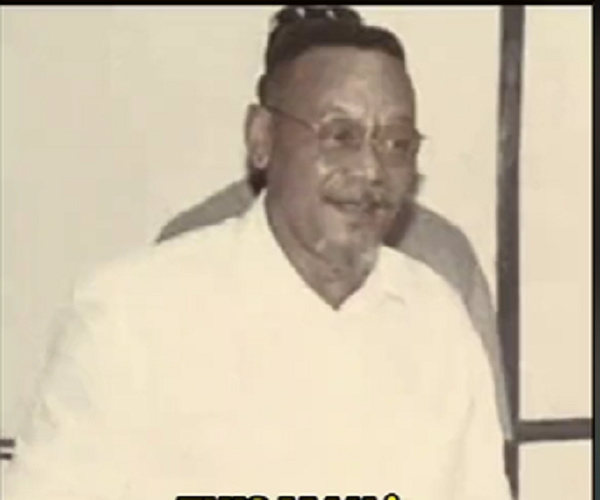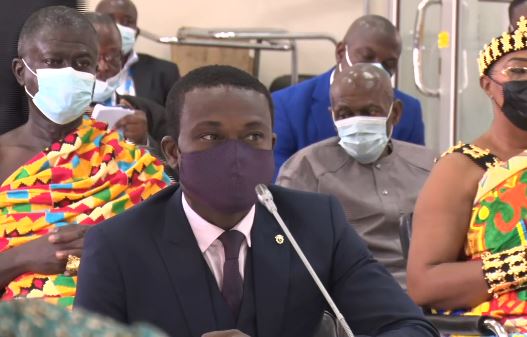
‘I can’t stop corruption; I will make it costly to engage in’ – Kissi Agyebeng

The Special Prosecutor nominee, Kissi Agyebeng, says it will not be possible for him to stop corruption in Ghana.
He argued that he can rather make it very costly to engage in corruption.
Speaking during his vetting in Parliament on Thursday, July 22, 2021, Mr. Agyebeng stated that he would put in place the right systems that will help check corruption.
“I am not naive to assume that I am coming to stop corruption. There’s no way I can stop corruption. God himself will not acclaim to that but, I am going to make corruption very costly to engage in.”
“First, I am going to institute what I call ‘Pressure for Progress’ and in this quest, there will be a systemic review of all public sector institutions and the development of integrity plans.”
Attorney-General and Minister for Justice, Godfred Yeboah Dame, nominated Mr. Agyebeng, a law lecturer and private legal practitioner, as a replacement for Martin Amidu, who resigned from the position in November 2020 under very controversial circumstances.
Kissi Agyebeng was called to the Ghana Bar in October 2003 and holds a Bachelor of Laws (LLB) degree from the University of Ghana, as well as, Master of Laws (LLM) degrees from Schulich School of Law, Dalhousie University, Canada, and Cornell Law School, USA.
He has, since 2006, been teaching Criminal Law at the University of Ghana, whilst engaging in private law practice.
The Office of the Special Prosecutor has the mandate to investigate and prosecute all suspected corruption and corruption-related offenses as pertaining to public officers, politically exposed persons, and persons in the private sector alleged to have been involved in any corruption and corruption-related offenses.
Apart from initiating investigations on its own, Act 959 gives the Office of the Special Prosecutor the power to receive and investigate complaints of alleged corruption from the public or investigate suspected corruption or corruption-related offenses upon referral from public bodies such as the Attorney General’s Department, the Commission on Human Rights and Administrative Justice (CHRAJ) and the Economic and Organised Crime Office (EOCO).
Source: citifmonline.com
